
Devin Garza, MD, HCA, provided strategies on how to perform a successful myomectomy at AAGL’s 50th Global Congress on MIGS in Austin, Texas.


Devin Garza, MD, HCA, provided strategies on how to perform a successful myomectomy at AAGL’s 50th Global Congress on MIGS in Austin, Texas.

Marcello Ceccaroni, MD, PhD, compared how the revolution of rock and roll relates to the revolution of laparoscopic surgery in his AAGL MED Talk at AAGL's 50th Global Congress on MIGS in Austin, Texas.

In a panel discussion at AAGL’s 50th Global Congress on MIGS, in Austin, Texas, Kimberly Kho, MD, MPH, along with Jessica Shepherd, MD, MBA, FACOG, and Craig Sobolewski, MD, discussed utilizing radiofrequency ablation for treatment of uterine fibroids.

Kristin Patzkowsky, MD, provided a few tips and tricks for mastering robotic hysterectomy on difficult pathology in her presentation at AAGL's 50th Global Congress on MIGS in Austin, Texas.

Contemporary OB/GYN® Deputy Medical Editor Jon I. Einarsson, MD, PhD, MPH, hosts a panel discussion with fellow minimally invasive gynecologic surgeons (MIGS) on the novel technology of vaginal natural orifice transluminal endoscopic surgery (vNOTES).
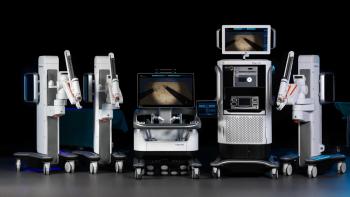
“Today, many of these cases are done as open surgery, including approximately 60% of all hysterectomies performed globally, despite the clear benefits of minimally invasive surgery, which includes fewer complications, a shorter hospital stay, and a faster return to normal activities,” Peron told Contemporary OB/GYN®.

The reality is that traditional laparoscopic surgery provides excellent outcomes, great surgical exposure, and the flexibility to tackle almost any clinical situation. As such it is a high bar to overcome—vNOTES is essentially single port vaginal surgery.

Contemporary OB/GYN® held a panel discussion in September with 4 renowned minimally invasive gynecologic surgeons (MIGS) who discussed vaginal natural orifice transluminal endoscopic surgery (vNOTES).

As the COVID-19 pandemic prevails, many clinicians and patients question whether telemedicine will be the new mainstream form of health care.

After surgery for pubovaginal sling and possible cystocele and repair cystoscopy, the patient alleges that positioning caused neurologic injury.

“Same-day discharge is safe and feasible across a broad spectrum of FPMRS cases,” says Jacqueline Zillioux, MD.
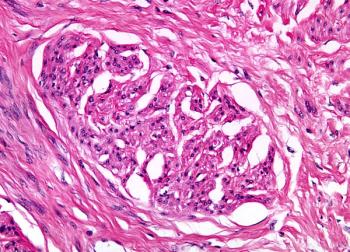
The American College of Obstetricians and Gynecologists (ACOG) recently published an updated committee opinion regarding morcellation of presumed uterine leiomyoma. Here are the key points.
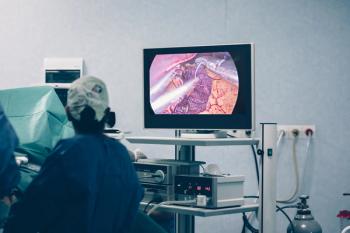
New findings support current guidelines to avoid pregnancy for 12 to 24 months after bariatric surgery, adding emphasis on achieving gestational weight gain.

The privately held medical device firm Memic Innovative Surgery Ltd. announced in early March that the Food and Drug Administration (FDA) has granted De Novo marketing authorization for its Hominis, a robot-assisted surgical platform for use in single site, natural orifice laparoscopic-assisted transvaginal benign gynecologic procedures, including benign hysterectomy.

The first Enhanced Recovery After Surgery (ERAS) guideline for standardizing and optimizing perioperative care for women undergoing minimally invasive gynecologic surgery (MIGS) has been published in The Journal of Minimally Invasive Gynecology.

Laparoscopic management of deep endometriosis involving the sacral roots and the sciatic nerve improves patient symptoms and overall quality of life, according to a retrospective case series.

Three esteemed surgeons discuss technology, weighing the pros and cons of existing and newly developed platforms.

Although peer surgical coaching bolsters surgical education and promotes continuous professional development throughout a surgeon’s career, the reality is that few surgeons apply coaching theory or operationalize the concept of coaching.

Homing in on passion, commitment, are key also to maintaining excellence in surgical field.

With patient-centered care being the mantra of 21st-century medicine, the decision to proceed with fertility surgery in women with endometriosis should be based on the individual patient, her reproductive expectations, her specific disease pattern, her support, family network, and available health care resources.

Three esteemed surgeons discuss technology, weighing the pros and cons of existing and newly developed platforms.
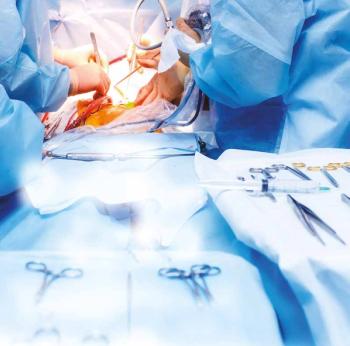
Although major complications are rare, laparoscopic abdominal entry is the most dangerous part of any laparoscopic procedure.

“Improved vision, laparoscopy and endoscopic surgery were made possible by an image revolution,” said Michel Canis, MD, PhD, an ob/gyn from Clermont-Ferrand, France, who chaired the panel.
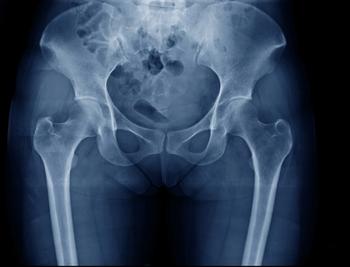
“Operating on a frozen pelvis is probably the most difficult situation a gynecologist can face within his surgical activities,” said moderator Mario Malzoni, chief of the Endoscopica Malzoni Center for Advanced Pelvic Surgery at the National Center for Endometriosis, in Avellino, Italy.
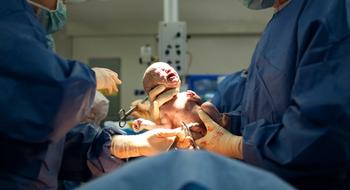
Principal investigator Johanna Quist-Nelson, MD, was inspired to complete the study during her training after observing how difficult it was for patients who experienced wound infections after cesarean.